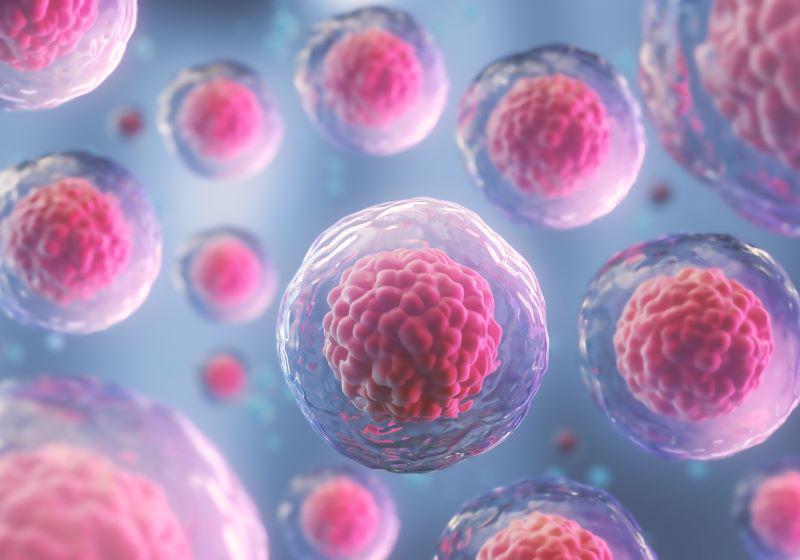Haploidentical stem cell transplantation using nonmyeloablative conditioning regimen effective in highly selected patients
By Elana Gotkine HealthDay Reporter
WEDNESDAY, Dec. 20, 2023 (HealthDay News) — For patients with acute myeloid leukemia (AML)/myelodysplastic syndromes (MDS) aged 70 years and older, haploidentical stem cell transplantation (Haplo-SCT) using a nonmyeloablative conditioning regimen (NMAC) is feasible, with no early nonrelapse mortality (NRM), according to a study published online Nov. 3 in Bone Marrow Transplantation.
Samia Harbi, M.D., from the Institut Paoli-Calmettes in Marseille, France, and colleagues reported a single-center experience of peripheral blood Haplo-SCT with NMAC and posttransplantation cyclophosphamide in 50 patients aged 70 years and older with AML and MDS (27 and 23, respectively). Twenty-four percent of the patients had active disease at Haplo-SCT.
The researchers found that the cumulative incidence was 6 and 25 percent for grade 3 to 4 acute and moderate-to-severe chronic graft-versus-host disease (GVHD), respectively. At day +100, NRM was 0 percent. At three years, NRM, relapse, progression-free survival, and overall survival were 16, 18, 66, and 69 percent, respectively. Eighty-eight percent of patients who were disease-free at two years after Haplo-SCT were living without immunosuppressive treatment.
“We conclude that in highly selected patients ≥70 years, NMAC Haplo-SCT with peripheral blood stem cell and posttransplantation cyclophosphamide is very well tolerated and allowed long-term survival in AML or MDS patients without persistent chronic GVHD,” the authors write.
Copyright © 2023 HealthDay. All rights reserved.








